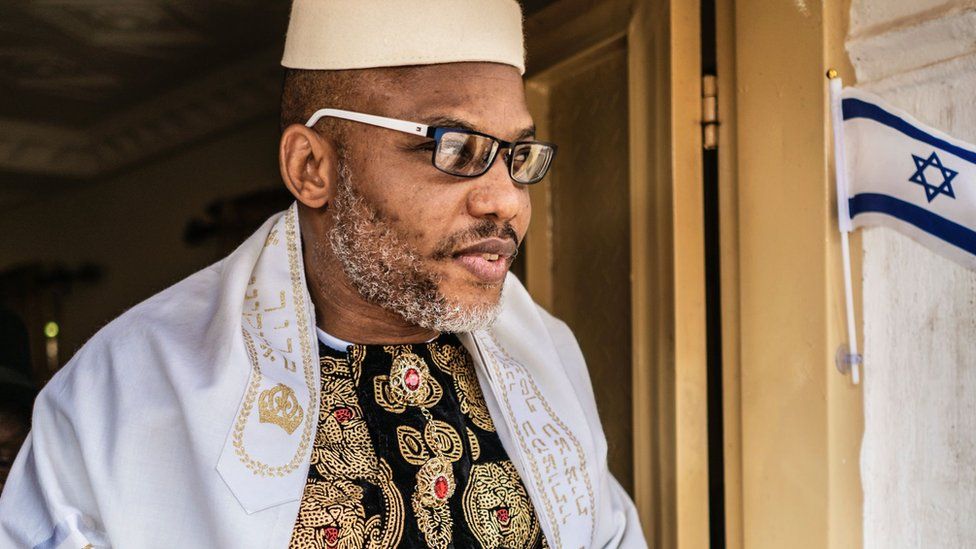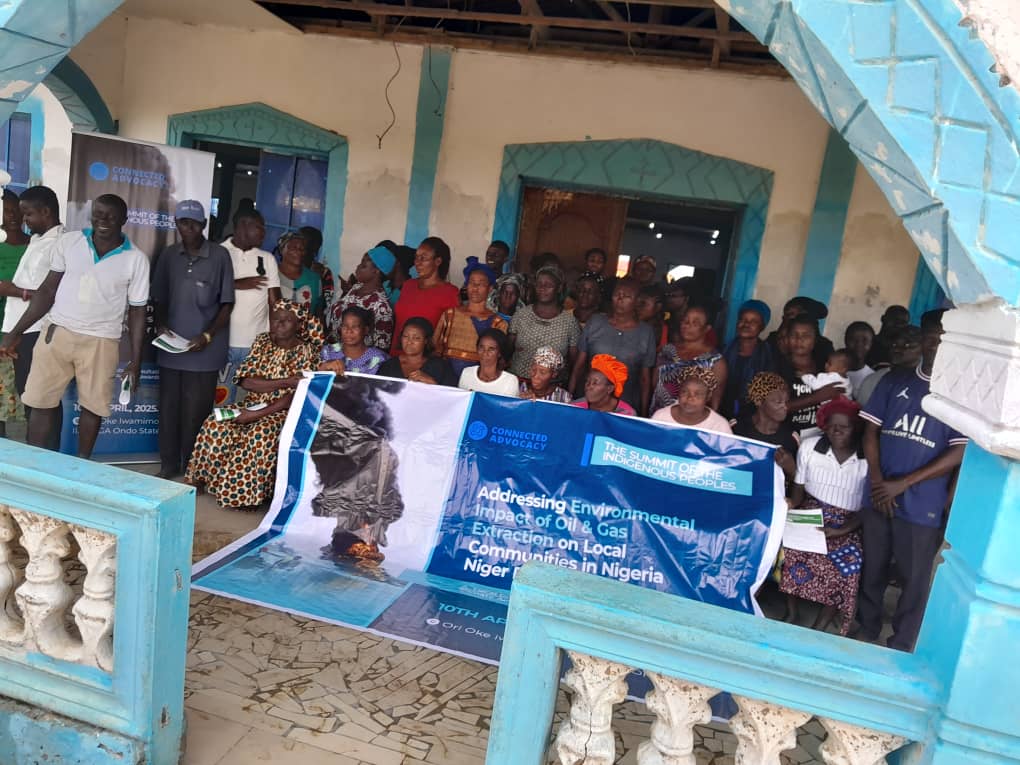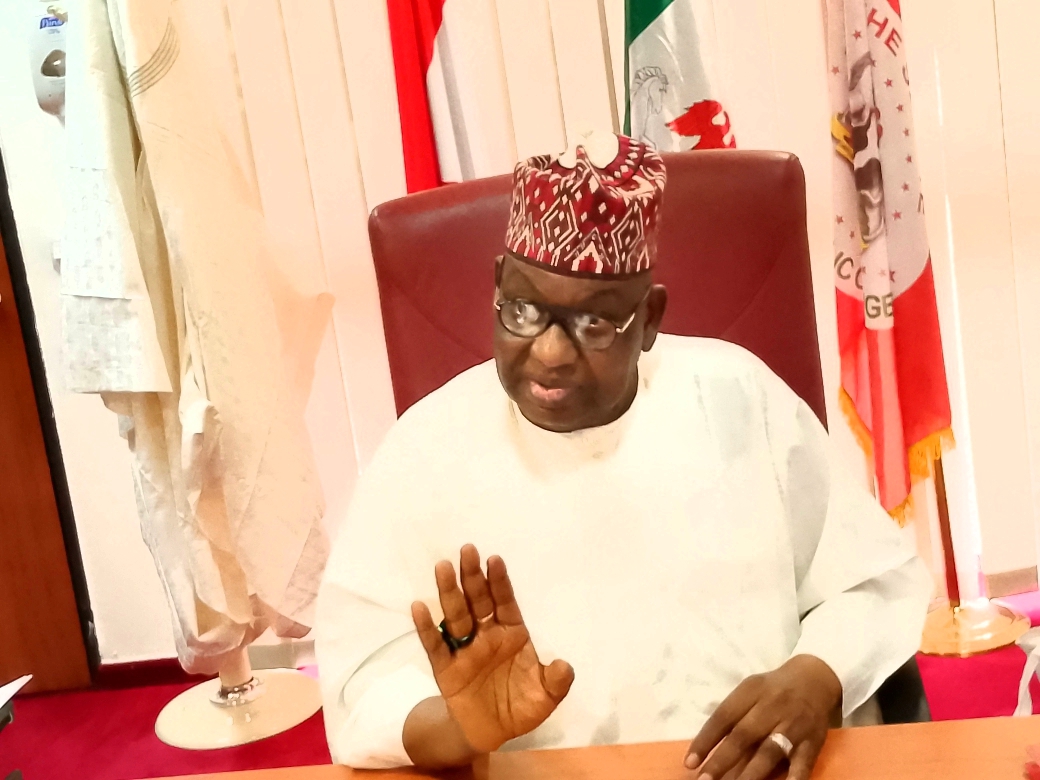Nigeria Senate Declares War on Historical Injustices, Moves Continental Strategy for Reparations
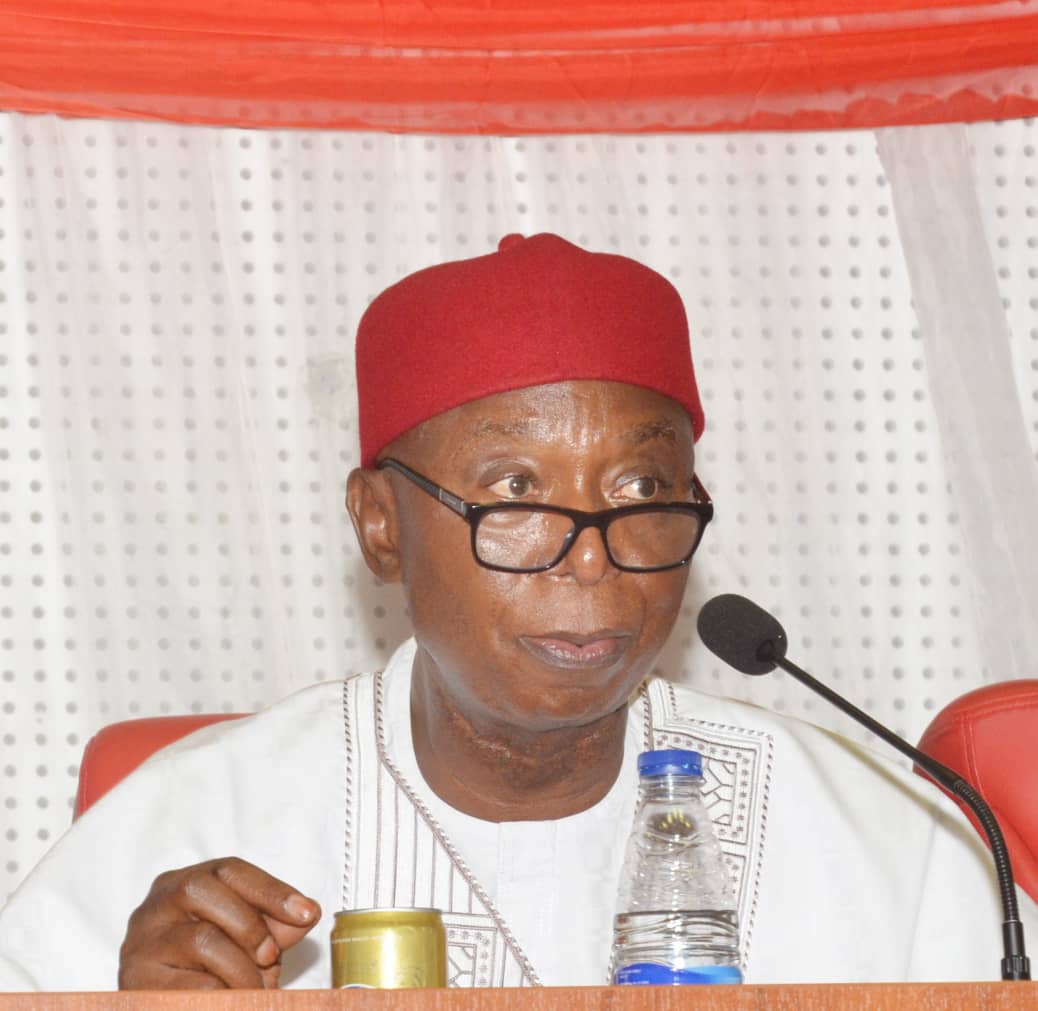
By Fatima Saka
The Senate Committee on Reparations and Repatriations has reaffirmed its commitment to confronting historical and contemporary injustices against Nigeria and the broader African diaspora, during a high-level interactive session with stakeholders held Thursday at the National Assembly, Abuja.
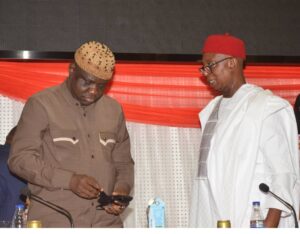
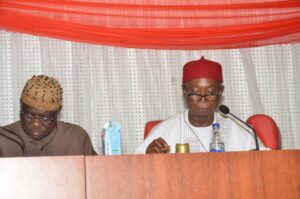
In a passionate address, Chairman of the Committee, Senator Ned Munir Nwoko, described the engagement as a “moment in time” to redefine Africa’s place in global justice conversations, emphasizing that reparations are no longer fringe demands, but central to Africa’s transformation agenda.
The Committee, established by the Senate on July 17, 2024, is mandated to address a wide range of injustices including slavery, colonial exploitation, systemic discrimination, looting of cultural artifacts, and the destruction of communities and environments by both state and non-state actors.
“The work before us is not symbolic or ceremonial,” Nwoko stated. “It is structured, evidence-based, and far-reaching. We are empowered to investigate local and international injustices past and ongoing and make concrete recommendations for compensation and redress.”
He highlighted the Committee’s six-point mandate, which includes collecting credible evidence of abuses, pursuing the return of stolen artifacts and financial assets, proposing legal and policy frameworks, and challenging neocolonial structures that perpetuate economic and institutional subjugation.
Citing the Niger Delta oil degradation, extrajudicial killings, lead poisoning in Zamfara, and incidents such as Daki Biyu demolitions, the Chairman declared there are “no-go areas” for the Committee except cases currently under active judicial consideration.
“We will deal with cases involving military abuse, multinational corporations, or government negligence. Our door is open to all Nigerians and Africans seeking justice, as long as the matter is not before the courts,” he said, urging litigants to withdraw pending cases if they want the Committee to intervene.
Senator Nwoko also referenced a landmark declaration by the African Union in February 2025, which recognized reparations as essential to the continent’s collective pursuit of justice and sovereignty.
“Reparation is not just about compensation; it is about healing, dignity, and empowerment,” he said. “Repatriation restores identity. These are moral imperatives, and we must approach them with courage, clarity, and continental unity.”
READ ALSO: FG Reaffirms Commitment to End Open Defecation by 2030, Awards Kano 20 ODF LGAs
BSN Budgets ₦943 Million for Bible translations, life-changing programmes in 2026
He called on stakeholders present including legislators, policymakers, civil society leaders, legal experts, historians, and international partners to contribute insights that would help shape an “African-common position” and galvanize global support for restitution efforts.
The session marks the first of several nationwide consultations by the Senate Committee as it prepares a comprehensive roadmap for policy, legislative, and diplomatic action on reparations and repatriations.

